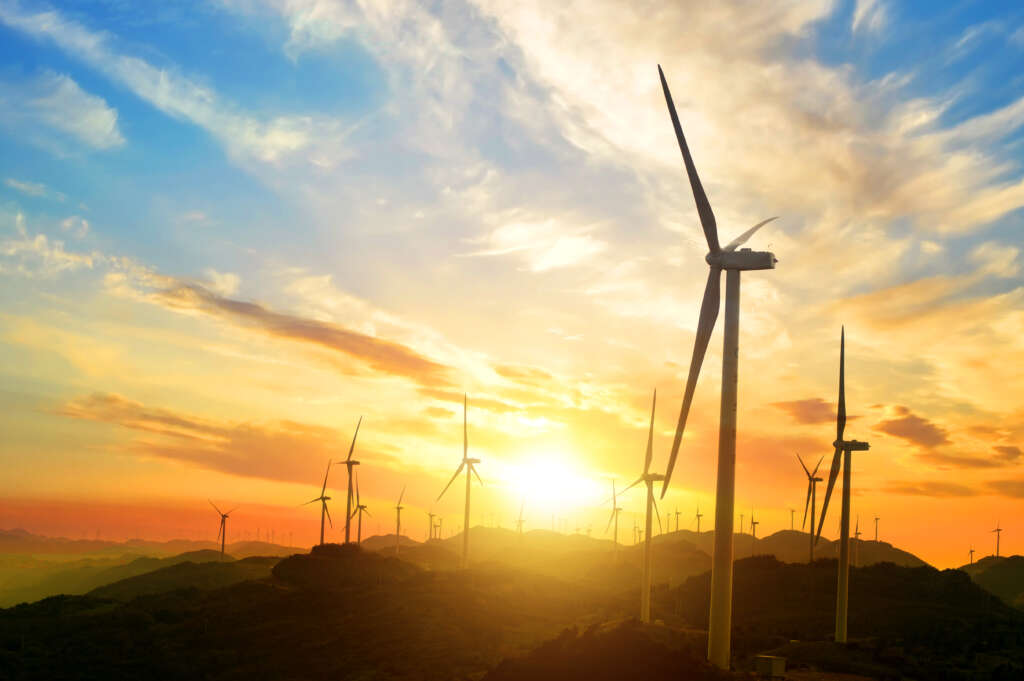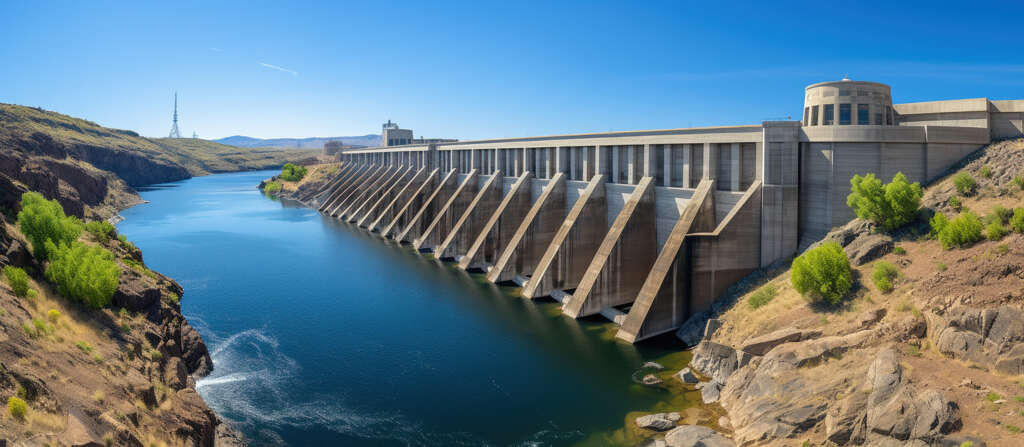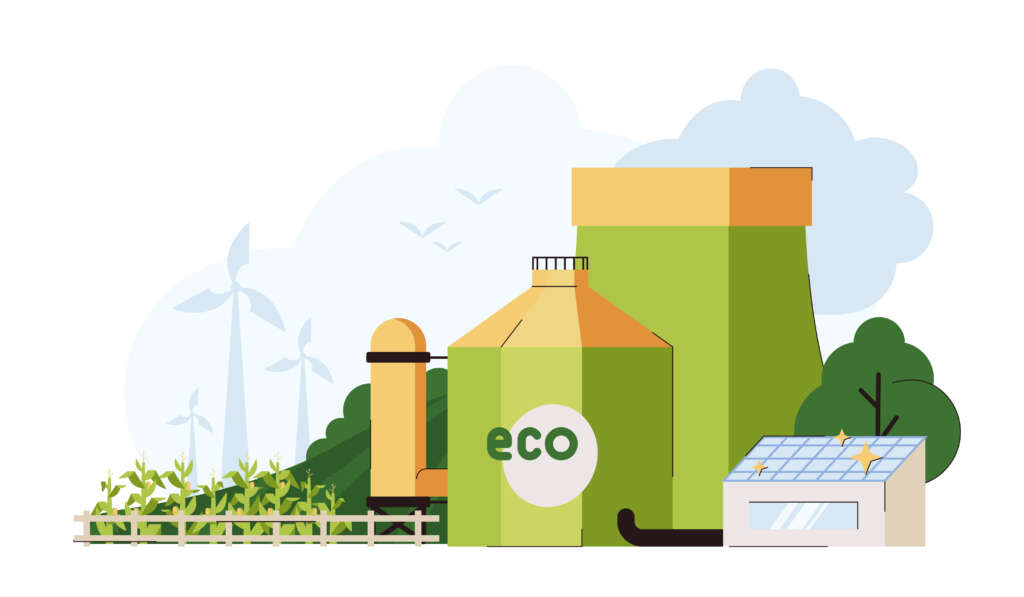Introduction
Indonesia, as an archipelago of more than 17,000 islands, has abundant renewable energy potential. From solar, water, wind, to biomass, this natural wealth is an alternative energy source that can replace fossil energy. However, its utilization is still not optimal.
Telkom University’s Energy Systems Engineering undergraduate program is here to answer this challenge. This program is designed to produce graduates who are experts in managing renewable energy systems based on the latest technology and environmentally friendly.
Types of Renewable Energy in Indonesia
1. Solar Energy

- Potential: > 200,000 MW
- Potential regions: Nusa Tenggara, Kalimantan, Sulawesi
- Technology: Solar photovoltaic panels, Solar Power Plant (PLTS)
- Advantages: Emission-free and suitable for remote areas
2. Wind Energy

- Potential: ± 60,647 MW
- Potential regions: South Sulawesi, East Nusa Tenggara (NTT)
- Example project: Sidrap 75 MW Wind Farm
- Advantages: Minimal operation, very low emissions
3. Hydropower

- Potential: ± 75,000 MW
- Technology: Hydropower (Large scale), MHP (Micro scale)
- Potential regions: Sumatra, Papua, Kalimantan
- Advantages: High durability, suitable for long-term energization
4. Bioenergy (Biomass and Biogas)

- Potential: ± 32,000 MW
- Source: Agricultural, plantation, livestock waste
- Applications: Industrial, household
- Advantages: Reduced waste, circular economy
5. Geothermal

- Potential: ± 29,000 MW (second largest in the world)
- Region: Java, Sumatra, Sulawesi
- Example: Kamojang geothermal power plant, Sarulla geothermal power plant
- Advantages: Consistent throughout the year
Potential and Challenges of Renewable Energy in Indonesia
Potential:
- Ideal geographical location for all types of EBT
- Government policy support (RUEN, RUPTL PLN)
- Demographic bonus with creative and adaptive human resources
Challenge:
- Uneven infrastructure
- High initial investment costs
- Lack of local-based research and innovation
Interested in becoming a future energy expert?
👉 Register now at S1 Energy Systems Engineering Telkom University
Reference :
Pambudi, N.A. (2018). Geothermal power generation in Indonesia, a country within the ring of fire: Current status, future development and policy Renewable and Sustainable Energy Reviews, 81(1), 2893–2901
https://doi.org/10.1016/j.rser.2017.06.096
Solikah, A. A., & Bramastia, B. (2024). Systematic Literature Review : Kajian Potensi dan Pemanfaatan Sumber Daya Energi Baru dan Terbarukan Di Indonesia. Jurnal Energi Baru Dan Terbarukan, 5(1), 27–43. https://doi.org/10.14710/jebt.2024.21742
Tags : S1 Teknik Sistem Energi | Sistem Energi
Author: Rasyifa Putri Raidah – Directorate of Information Technology Center
